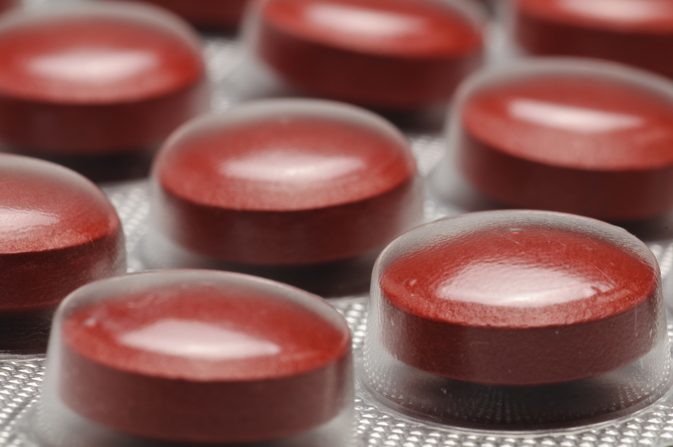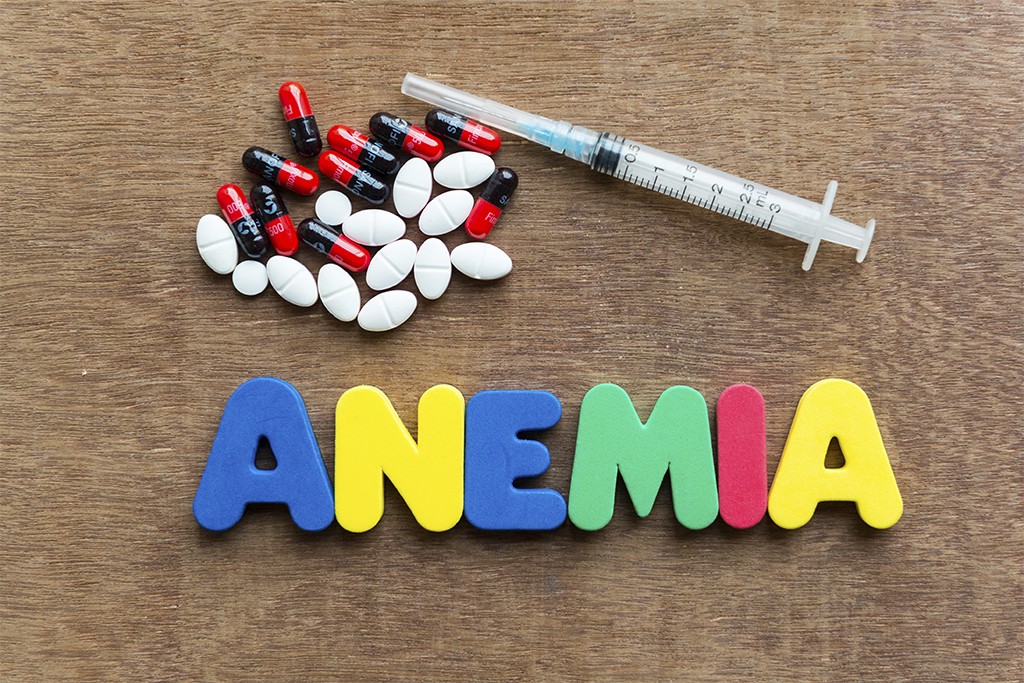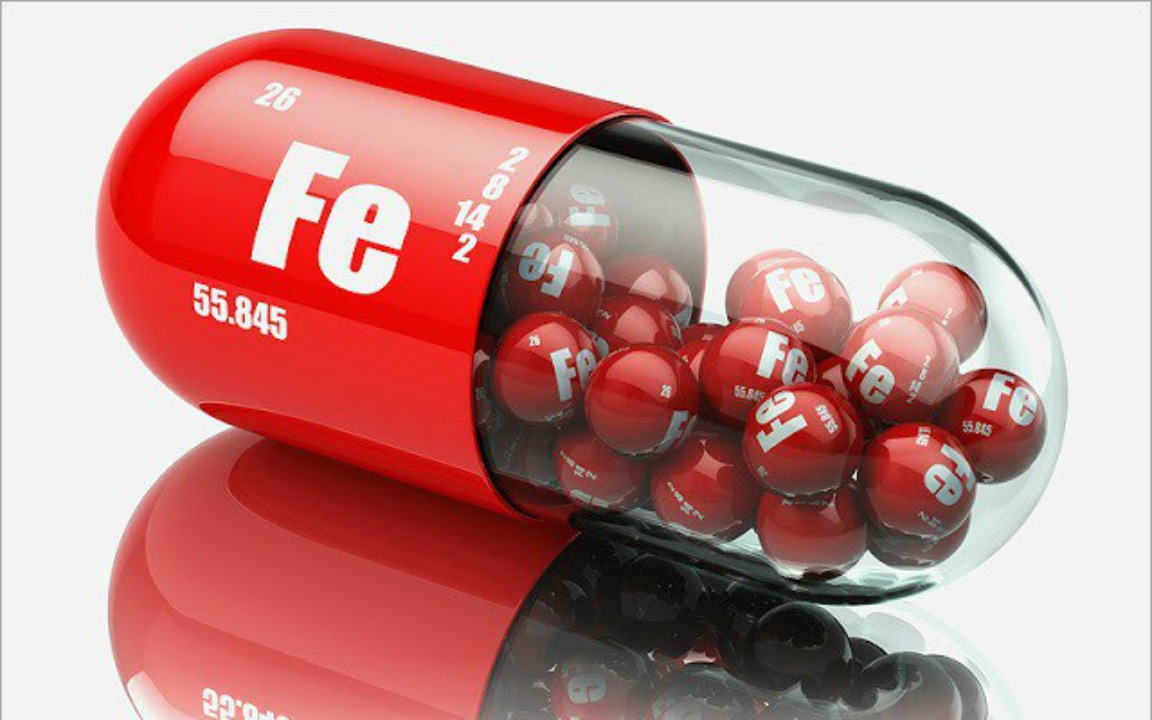Anaemia means that you have fewer red blood cells than normal or you have less haemoglobin than normal in each red blood cell. This usually results in, a reduced amount of oxygen being carried around in the bloodstream.
Iron is an essential mineral in the production of red blood cells, which help store and carry oxygen in the blood.
A lack of the essential mineral means a reduction in the number of red blood cells, and this can mean your organs and tissues don’t get enough oxygen. This leads to a condition known as iron deficiency anaemia, and it’s the most common type of anaemia.
Anemia has several causes and can range from mild to severe, depending on the levels of iron present.
However, in men and post-menopausal women, this can be triggered by bleeding in the stomach and intestines due to conditions such as a stomach ulcer or bowel cancer.
For women of reproductive age it can be caused by heavy periods – when it’s lost during menstruation – and pregnancy, when it’s used for your baby instead.
Symptoms
Many sufferers only have a few symptoms, and they may develop immediately or gradually over a longer period.
These are the indicators you could be suffering from anaemia.
Feeling tired
Having a lack of energy and feeling fatigued is a direct result of your body not being able to produce enough red blood cells to distribute enough oxygen around the body. This is usually the most common symptom experienced by people.
In severe cases fainting may occur.
Shortness of breath
This can happen alongside chest pains and feeling dizzy.
Noticeable heartbeats
Being very aware of your heart pumping – also known as heart palpitations – is a sign.
Looking pale
Having a lighter complexion than normal is due to reduced blood flow and oxygen thanks to a depleted number of red blood cells. This may not be as evident in dark skinned people and is more noticeable in the palms of the hands, nail beds, the eyes and the tongue.
Other less common signs
In certain cases sufferers may develop headaches, pins and needles, altered taste, feeling itchy, sore or abnormally smooth tongue, hair loss, difficulty swallowing, painful open sores and spoon-shaped nails.
Treatment
- The main treatment for anaemia is iron supplements to boost low levels of iron in the body.
- You can also increase the amount of the mineral in your diet.
- Rich dietary sources of iron include dark green leafy vegetables, brown rice, eggs, meat, fish, dried fruit and pulses.
- Notice how malt and milk isn’t included in this list of treatment options. Both are not proven to have enough iron to boost blood levels so it is more advisable to stick with iron supplements.
It is also important to note that taking iron supplements can cause your stools to be hard and dark colored so it is important to drink more water when being treated for anemia.








